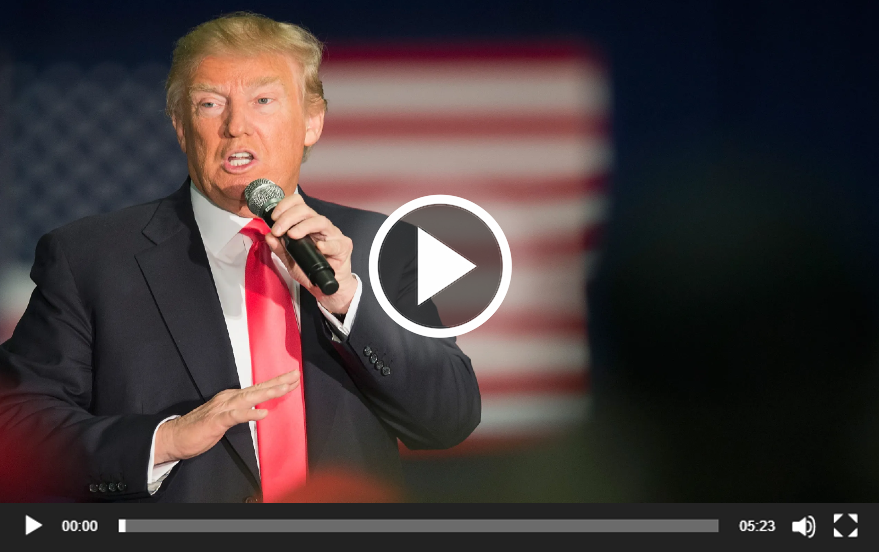
One of America’s most profound, yet often overlooked speeches, was delivered by President Dwight D. Eisenhower. He made an alarmingly prophetic remark, cautioning the nation about a burgeoning force that might overpower and erode the very essence of our democracy. This was the military-industrial mechanism, an intricate network that if unchecked, Eisenhower believed, would cripple the country’s values, leading to an inevitable transformation into a surveillance-driven security state.
Fast forward to the dynamic and turbulent 1960s, and Eisenhower’s warning seemed to echo more profoundly than ever. John F. Kennedy, a charismatic leader with a vision to reunite the fragmented world, was on the verge of achieving something monumental. Peace with the Soviet Union was within arm’s reach, a move that would recalibrate the global balance. Yet, these aspirations of peace didn’t sit well with certain quarters. As Robert Kennedy Jr. recalls, JFK’s bold refusal to heed calls for military intervention in Laos and Vietnam were not popular decisions. He was not the leader to be swayed by aggressive cries for war with Russia; instead, he chose friendship.
However, just when the tides of change were turning, tragedy struck, not once but twice. JFK’s untimely death was soon followed by that of Robert Kennedy. In a chilling account, Robert Kennedy Jr. suggests that the real architects of these tragedies were not lone gunmen but shadowy entities tied to the very institutions that Eisenhower warned us about. A striking revelation is the alleged involvement of Eugene Thane Cesar, known to be associated with the CIA, in Robert Kennedy’s assassination. Similarly, the much-debated Lee Harvey Oswald is now thought to have ties to the same agency.
The aftermath of these heart-wrenching incidents, combined with the tragic assassinations of prominent figures like Dr. Martin Luther King Jr. and Malcolm X, not only created a vacuum in leadership but also steered America closer to the brink of being the security state Eisenhower had cautioned against. Events such as the Vietnam War, the heartbreak of 9/11, and the challenges of the Covid pandemic have only entrenched this transformation further.
In the grand tapestry of American history, these assertions shed light on an unsettling pattern of events, suggesting the existence of players who work behind the curtains. While this account offers just a glimpse into the complexities of power play, it is essential to revisit and understand the past to truly shape a democratic future.




